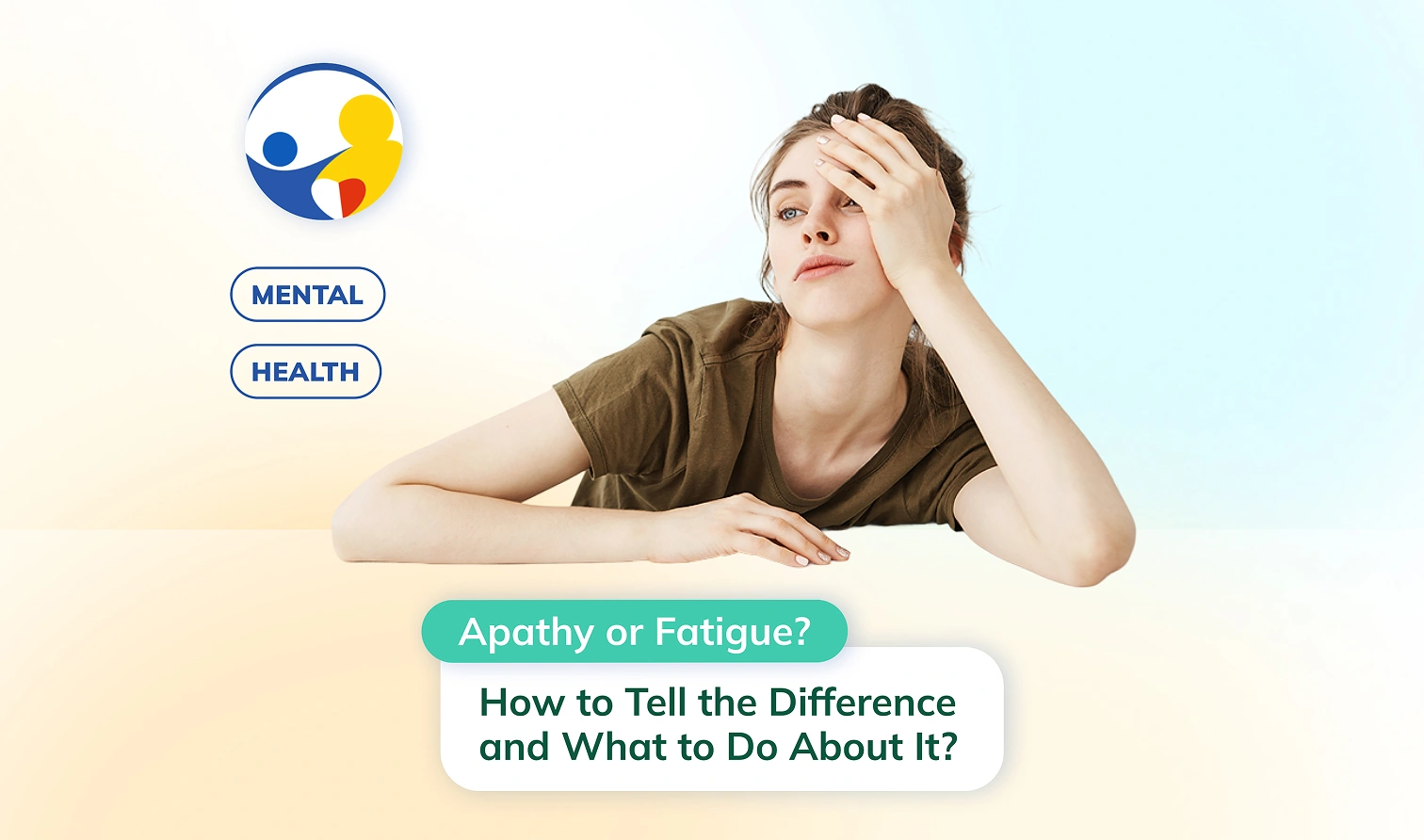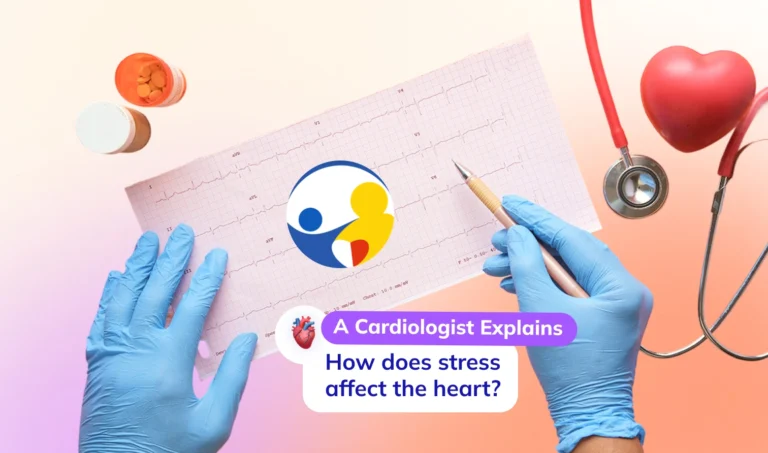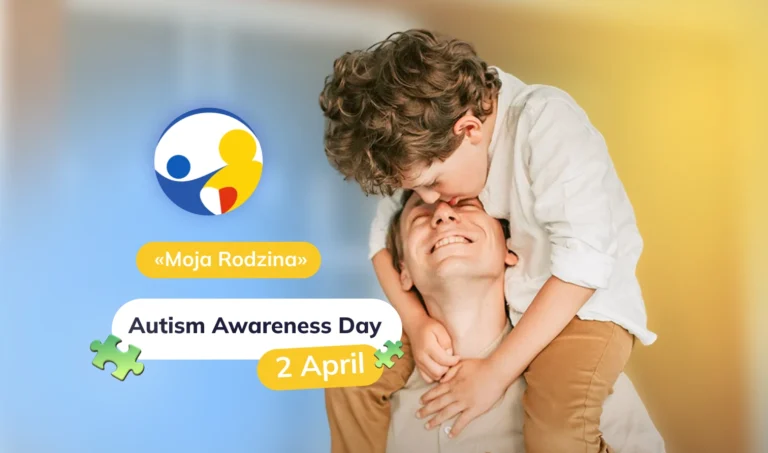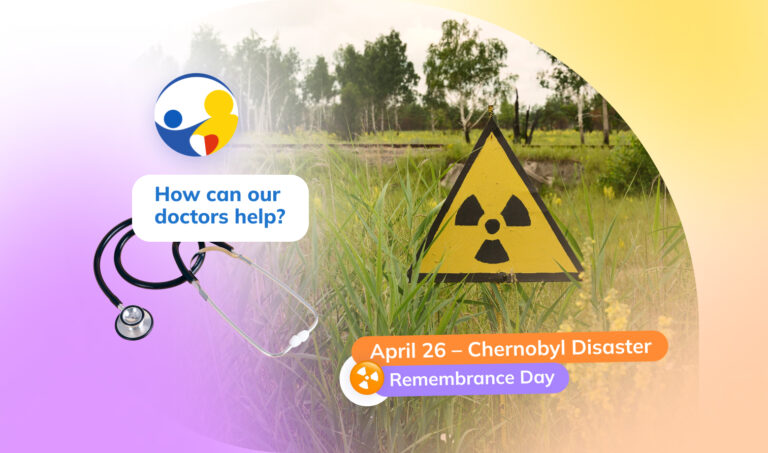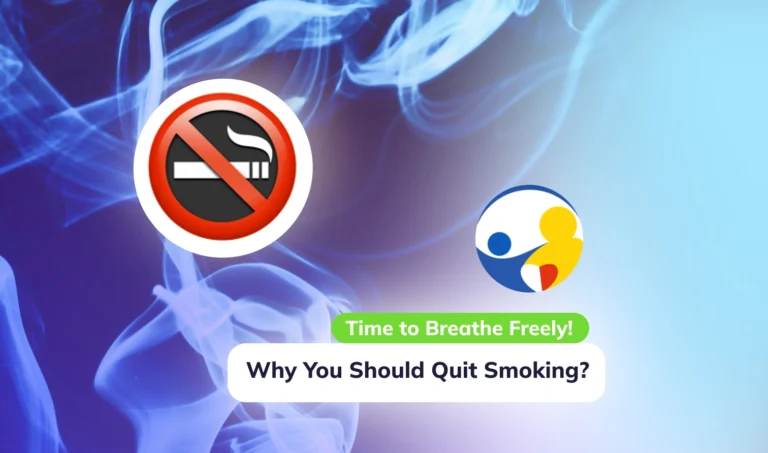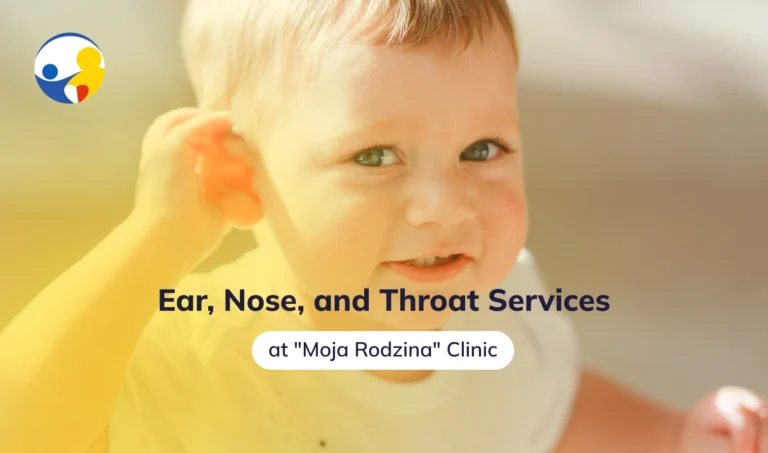Apathy or Fatigue: How to Tell the Difference and What to Do About It
In everyday life, we often confuse fatigue with apathy. Both conditions can result from stress, overload, or emotional exhaustion. However, they have different natures and require different approaches to recovery.
What is fatigue?
Fatigue is a natural response of the body to physical, mental, or emotional strain. It signals that the body or mind needs rest.
Typical signs:
- Need to rest, desire to do nothing
- Feeling physically heavy, slowed thoughts
- Irritability, decreased concentration
After a good night’s sleep, a day off, or a change of activity, the condition usually improves, with energy, motivation, and emotional sensitivity returning.
What is apathy?
Apathy is a deeper and more prolonged emotional “shutdown.” A person loses interest in things that were previously important or enjoyable. Motivation disappears, emotions become muted or completely absent.
Main signs:
- Indifference to everything, even previously significant things
- Lack of joy, initiative, desire to change
- Rest does not bring relief
- May be accompanied by decreased performance, sleep disturbances
Apathy is often a symptom of depression, emotional burnout, hormonal disorders, or vitamin deficiencies (especially D and B12).
How to distinguish fatigue from apathy?
- Duration:
- Fatigue: Temporary
- Apathy: May last days or weeks
2. Effect of rest:
- Fatigue: Improves condition
- Apathy: Does not change condition
3. Emotional response:
- Fatigue: Present, though muted
- Apathy: Absence of emotions or deep indifference
4. Behavior:
- Fatigue: Desire to rest
- Apathy: No desire to do anything at all
When to see a doctor?
Consult a specialist if:
- Apathy lasts more than two weeks
- Lack of motivation and emotional response
- Decreased performance and self-esteem
- Persistent drowsiness or insomnia
- Feeling that life has lost its meaning or flavor
Professional help is an important step toward recovery.
What can you do yourself?
- Allow yourself full rest without guilt
- Maintain regular sleep, diet, and physical activity
- Spend time outdoors, especially in sunny weather
- Talk to loved ones or consult a psychologist
- Get basic tests done — sometimes the cause is physiological
Professional support — we are here for you
If you feel “stuck,” don’t stay alone with it. Our doctors, psychologists, and therapists will help find the cause and support your recovery process.
Book an appointment:
? Registration: +48 729 855 891
?https://klinikamojarodzina.pl/en
? Psychological sessions and psychotherapy take place in cozy offices:
?ul. Obrzeżna 7, Warsaw (UA HUB, rooms 119 and 221)
? Diagnostics and doctor consultations are held at the main location:
? ul. 29 listopada 18a/4, Warsaw
You are not alone — reach out to us!

